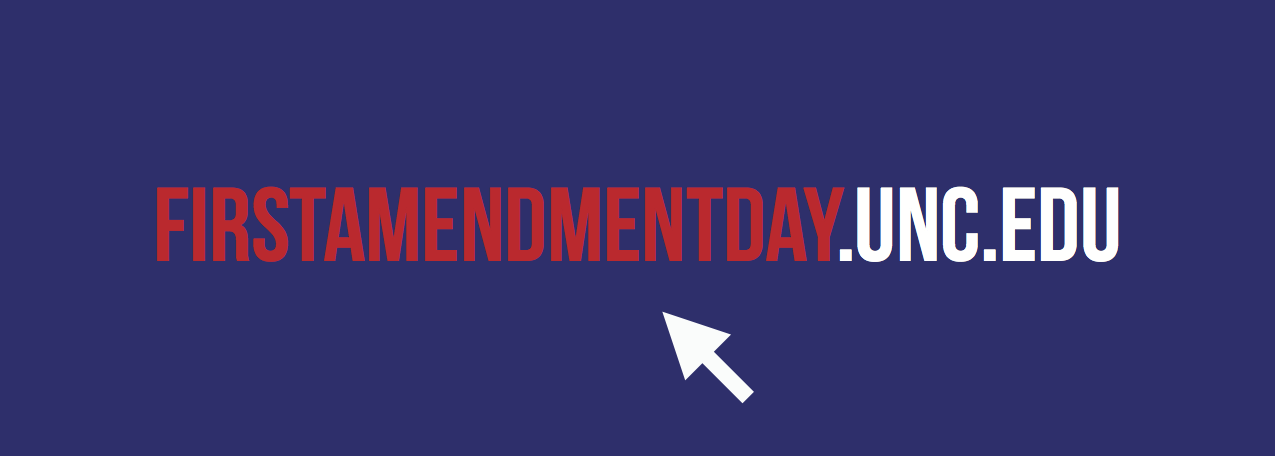 This blog post is part of a continuing series examining some of the latest academic scholarship in media law-adjacent fields! Stay tuned for biweekly updates.
This blog post is part of a continuing series examining some of the latest academic scholarship in media law-adjacent fields! Stay tuned for biweekly updates.
In “Legislating Against Lying in Campaigns and Elections,” 73 Okla. L. Rev. 141 (2018), Professor Joshua Sellers at Arizona State University School of Law examines the “harmful” practice of lying during campaigns, finding three specific circumstances where the Supreme Court may uphold a statutory prohibition on intentionally false political speech. From his abstract:
Political speech receives robust protection under the First Amendment, but lying in campaigns and elections is harmful to democracy. In light of the former, what can be done about the latter? In the wake of the Supreme Court’s 2012 decision in United States v. Alvarez, the answer to the question is uncertain. In Alvarez, six Justices supported the conclusion that intentional lies are protected under the First Amendment. The decision renders existing laws regulating intentionally false campaign and election speech extraordinarily vulnerable.
In the following Essay, I consider three circumstances in which narrowly drawn campaign and election speech restrictions are doctrinally defensible. The first is when foreign nationals, during a campaign or election, engage in intentionally false speech expressly advocating for or against the election of a candidate. The second is when intentionally false speech is used to undermine election administration. And the third is when a campaign or outside political group intentionally falsifies a mandatory disclosure filing. Aside from quite limited circumstances such as these, it is exceptionally difficult to craft novel campaign and election speech restrictions that can survive a First Amendment challenge.
Is the Internet truly the “ultimate promoter” of freedom of speech and expression? Moran Yemini, Visiting Fellow at Yale’s Information Society Project, explores the contradiction of the Internet as both vehicle of access and denier of liberty in “The New Irony of Free Speech.” Colum. Sci. & Tech. L. Rev. (forthcoming 2019). From the abstract:
In his The Irony of Free Speech, published in 1996, Professor Owen Fiss argued that the traditional understanding of freedom of speech, as a shield from interference by the state, ended up fostering a system that benefited a small number of media corporations and other private actors, while silencing the many, who did not possess any comparable expressive capacity. The conventional wisdom is that by dramatically lowering the access barriers to speech, the Internet has provided a solution to the twentieth-century problem of expressive inequality identified by Fiss and others. As this article will demonstrate, however, the digital age presents a new irony of free speech, whereby the very system of free expression that provides more expressive capacity to individuals than ever before, also systematically diminishes their liberty to speak. The popular view of the Internet as the ultimate promoter of freedom of expression is, therefore, too simplistic. In reality, the Internet, in its current state, strengthens one aspect of freedom (the capacity aspect) while weakening another (the liberty aspect). It trades liberty for capacity. The article will explore the process through which expressive capacity has become a defining element of freedom in the digital ecosystem, at the expense of liberty. The process of diminishing liberty in the digital ecosystem follows along six related dimensions explored in this article: interference from multiple sources; state-encouraged private interference; multiple modes of interference; new-media concentration; lack of anonymity; and lack of inviolability. The result of these liberty-diminishing dimensions of our current system of free expression, taken together, is that while we may be able to speak more than ever before, we are not able to speak freely.
Orin S. Kerr, Professor of Law at the University of Southern California, proposes a simple test for weighing a suspect’s Fifth Amendment right in the face of forced decryption of a phone, computer or file in “Compelled Decryption and the Privilege Against Self-Incrimination.” Tex. L. Rev. (forthcoming 2019). From the article’s abstract:
This essay considers the Fifth Amendment barrier to orders compelling a suspect to enter in a password to decrypt a locked phone, computer, or file. It argues that a simple rule should apply: An assertion of privilege should be sustained unless the government can independently show that the suspect knows the password. The act of entering in a password is testimonial, but the only implied statement is that the suspect knows the password. When the government can prove this fact independently, the assertion is a foregone conclusion and the Fifth Amendment poses no bar to the enforcement of the order. This rule is both doctrinally correct and sensible policy. It properly reflects the distribution of government power in a digital age when nearly everyone is carrying a device that comes with an extraordinarily powerful lock.
Come back soon for another update!
Research graphic by Nick Youngson licensed under CC BY-SA 3.0 from Alpha Stock Images.

 Hey students, have you thought about what you want to do after you graduate with your undergraduate or master’s degree? Thinking about law school and a career in media law and policy? A strong background in law and mass communication can be a launching pad for a career in law, media, business, entertainment, government, public policy or academia. For a sampling of the jobs available in these growing fields, check out our
Hey students, have you thought about what you want to do after you graduate with your undergraduate or master’s degree? Thinking about law school and a career in media law and policy? A strong background in law and mass communication can be a launching pad for a career in law, media, business, entertainment, government, public policy or academia. For a sampling of the jobs available in these growing fields, check out our 